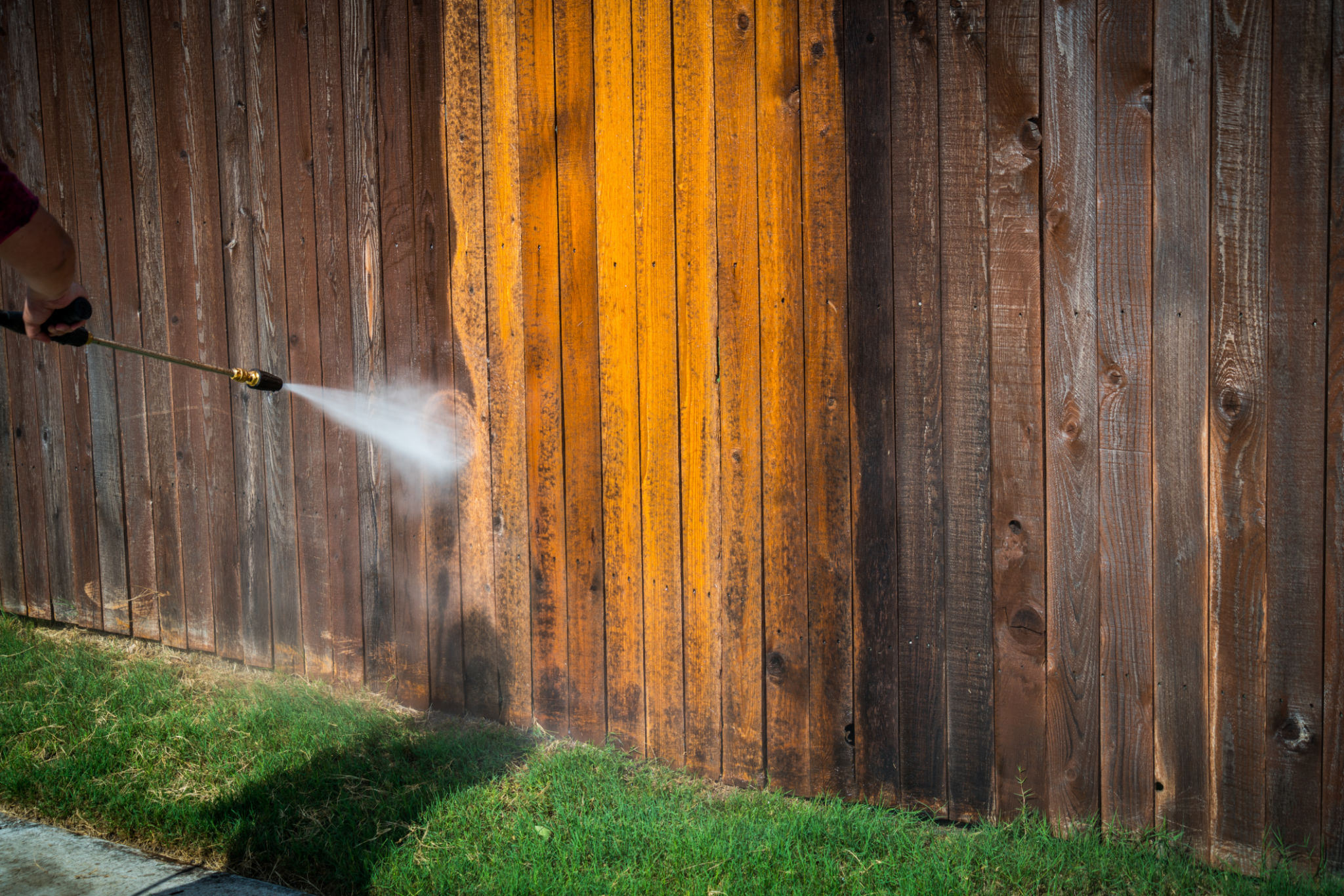Seasonal Fence Care: Preparing Your Fence for Winter in Washington State
Understanding the Importance of Winter Fence Maintenance
As the cold months approach in Washington State, it's essential to prepare your fence for the challenges that winter can bring. Winter weather can be harsh on outdoor structures, and your fence is no exception. Regular maintenance and timely preparation can significantly extend the lifespan of your fence, ensuring it remains sturdy and attractive for years to come.

Inspecting Your Fence for Damage
Before winter sets in, take the time to thoroughly inspect your fence for any signs of damage. Look for loose nails, rotting wood, or rusted metal components. Identifying these issues early allows you to make necessary repairs before the weather can exacerbate them. Pay special attention to the posts, as they provide the structural support your fence needs.
For wooden fences, check for signs of rot or insect damage. Metal fences should be inspected for rust spots that need treating. Addressing these problems now can prevent more significant damage during the winter months.
Cleaning and Treating Your Fence
Once you've inspected your fence, it's time to clean it thoroughly. Removing dirt, mold, and mildew will not only enhance its appearance but also prevent rot and decay. Use a pressure washer or a garden hose with a scrub brush to clean the surface.

After cleaning, consider applying a weatherproof sealant or stain to protect your wooden fence from moisture. This step is crucial as it creates a barrier against the rain, snow, and ice typical of Washington winters. For metal fences, apply a rust-inhibiting primer to any bare metal spots followed by a protective paint layer.
Trimming Vegetation Around Your Fence
Overgrown vegetation can contribute to moisture accumulation and damage your fence during winter. Trim back any bushes, trees, or plants that are too close to your fence line. This not only reduces the risk of moisture-related issues but also prevents fallen branches from causing physical damage during winter storms.
Additionally, removing fallen leaves and debris near the base of your fence will help prevent moisture build-up and discourage pests from nesting nearby.

Preparing for Snow and Ice
Washington State's winters often bring snow and ice, which can be heavy and damaging. To prepare, ensure that your fence posts are firmly set in the ground and capable of supporting added weight. If you have a gate, make sure it swings freely without obstruction from ice or snow buildup.
Consider installing snow guards or fencing supports if heavy snow is expected. These can help distribute the weight of accumulated snow more evenly across your fence, reducing the risk of collapse.
Additional Tips for Winter Fence Care
To further protect your fence during winter, follow these additional tips:
- Regularly clear snow: Avoid letting snow accumulate against your fence by shoveling it away after each snowfall.
- Avoid using corrosive de-icers: Use sand or non-corrosive ice melt products near your fence to prevent corrosion and damage.
- Monitor for damage: Regularly check your fence throughout the winter season for any new signs of damage or wear.
By taking these proactive steps, you'll ensure that your fence remains an attractive and functional part of your property long after winter has passed.